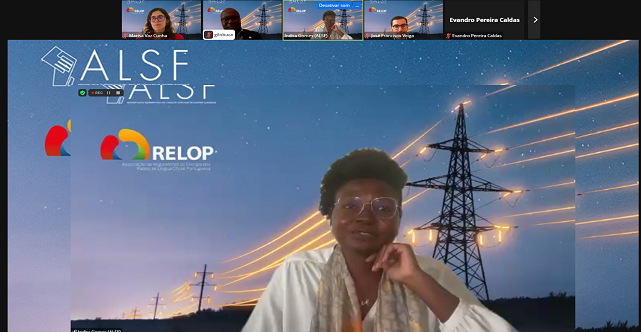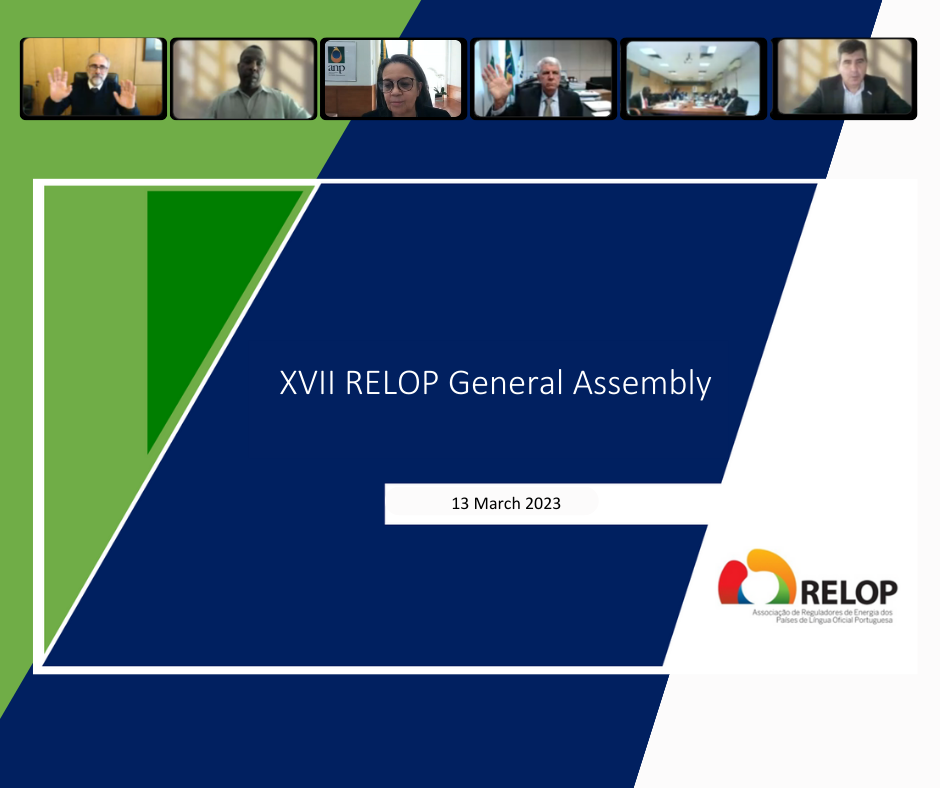Energy Efficiency Under Discussion at RELOP Working Group Workshop
On February 24, 2025, the second workshop took place as part of the activities of the RELOP Energy Transition Working Group, under the theme “Energy Efficiency: Challenges and Pathways for Informed Decisions” The event aimed to promote experience sharing and stimulate debate on key challenges and solutions in the field of energy efficiency.
The session was attended by 40 representatives from the 12 entities that make up RELOP and was moderated by Fernando Martins, Head of the Control and Prevention Unit at ENSE, who led the discussions throughout the afternoon.
The first presentation was delivered by Miguel Alves, from the Infrastructure and Networks Directorate of ERSE (Portugal), who addressed the topic “Energy Transition of the Energy System.” He provided a global overview of the International Energy Agency’s scenarios for electricity sector emissions, emphasizing the need for a holistic approach that integrates different energy vectors, infrastructures, and consumption sectors. He highlighted the significant growth of renewable gases over the past 20 years, particularly in supporting electricity production. He also mentioned the evolution of self-consumption in Portugal, which accounted for 2.8% of national consumption in 2023, a trend driven by incentives and the National Energy and Climate Plan (NECP) 2030.
Next, Sérgio Moreno, Director of Efficiency and Technology at Mozambique’s Energy Regulatory Authority (ARENE), discussed the “Challenges of Energy Efficiency Regulation in Mozambique”, focusing on the sustainable use of biomass. He emphasized the implementation of new legal frameworks to promote energy efficiency, drive a fair energy transition, and expand electrification in new regions.
Finally, Professor Aníbal Traça de Almeida, Director of the Institute of Systems and Robotics at the University of Coimbra, presented a practical case study on “Developing a National Energy Efficiency Strategy and Action Plan for Mozambique.” The study analyzed the country’s economy, consumption needs, and energy sources, revealing a 10% annual growth in energy consumption, particularly in the tertiary sector, linked to commerce, services, and tourism. More than 40 energy-saving measures were identified to moderate demand growth without compromising the quality of life of building users.
One of the key takeaways from the workshop was the importance of prioritizing energy efficiency policies before investing in new energy sources. Rational resource use will enable a more effective and faster transition, ensuring both economic and environmental benefits in the short and long term.





